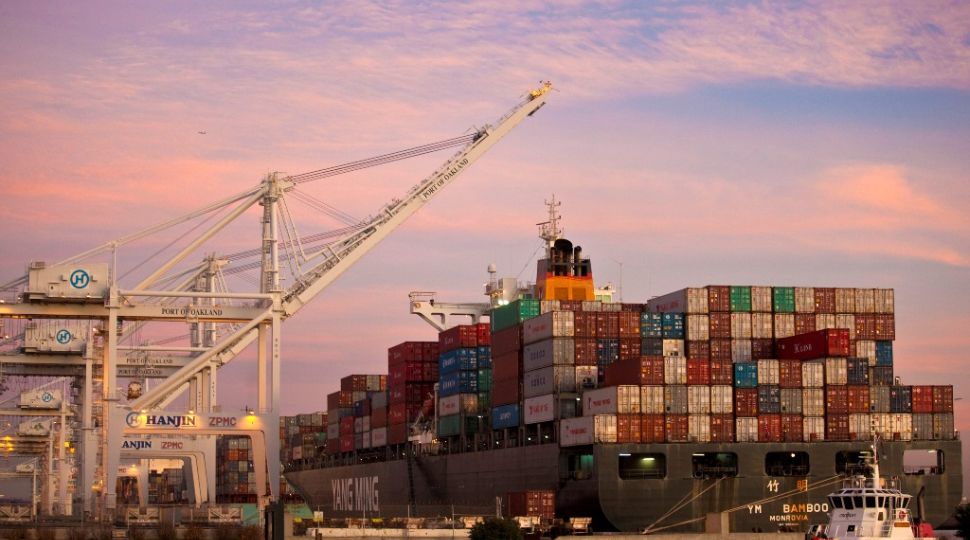Escalation of the U.S.–China trade war

Why were the additional tariffs imposed?
The goal of the Trump administration is first, to reduce the trade deficit with China, which reached $376 billion in 2017, and second, to tackle unfair trade practices, primarily the theft of intellectual property. Previous negotiations with China were not fruitful, so the U.S. has increased economic pressure on it to force the change. In June and August, the administration imposed tariffs on Chinese goods imported to the U.S. worth a total of $50 billion, to which China responded symmetrically. The latest additional tariffs are focused on products with four times the value of the previous ones, which is supposed to have a stronger impact on China’s economy to make concede, among other things, on a reduction of duties or the termination of requirements for technology transfer from American companies investing in China.
How will China react to the U.S. decision?
China has announced it will retaliate by introducing additional duties on $60 billion worth of goods from the U.S. Together with those imposed in June and August (worth $50 billion), the duties now cover the majority of imports from the U.S. (in 2017, totalling $130 billion). It is also possible China will prohibit exports to the U.S. of products key to American producers (e.g., components or raw materials) and obstruct the operations of U.S. companies in China (licensing processes already have been suspended for some of them). The U.S. decision to impose duties could lead to the cancellation of trade negotiations planned for the second half of September, the Chinese have warned.
What are the prospects for ending the U.S.-China trade war?
The U.S. suggests the new tariffs could be withdrawn if China makes real concessions, but if not, would add or raise tariffs on the rest of Chinese imports (worth $267 billion). This U.S. approach limits China’s room for manoeuvre since concessions might be seen as weakness. Therefore, an escalation of the trade conflict should be expected.
The U.S. position though may weaken due to negative economic effects, such as an increase in prices of consumer goods imported from China and new barriers on U.S. exports to China. During the six-week consultation period on the tariffs, major opposition from U.S. businesses was voiced against the tariffs. With less than 50 days before the “midterm” elections to Congress, pressure will mount on the administration and Congress to de-escalate the conflict.
How will the additional tariffs affect the EU?
Neither the Union nor Poland specifically is directly exposed to the increase of tariff barriers. The effect of the tariffs, however, may be that some portion of the U.S.-China trade will shift to other markets, including to the EU. This would increase competition for European enterprises on the Union’s market. At the same time, it could lead to price reductions on products involved in the trade war. Business opportunities may appear in the U.S. and China for companies from EU countries that produce substitute goods. However, the tariffs will disrupt global value chains, which could have a negative impact on some European companies.
With the escalation of the U.S.-China trade war, political pressure will intensify on the EU to support either the U.S. or China. This pressure could also be re-directed and used in talks with the U.S. on avoiding future tariffs or with China on opening its market to European firms.





